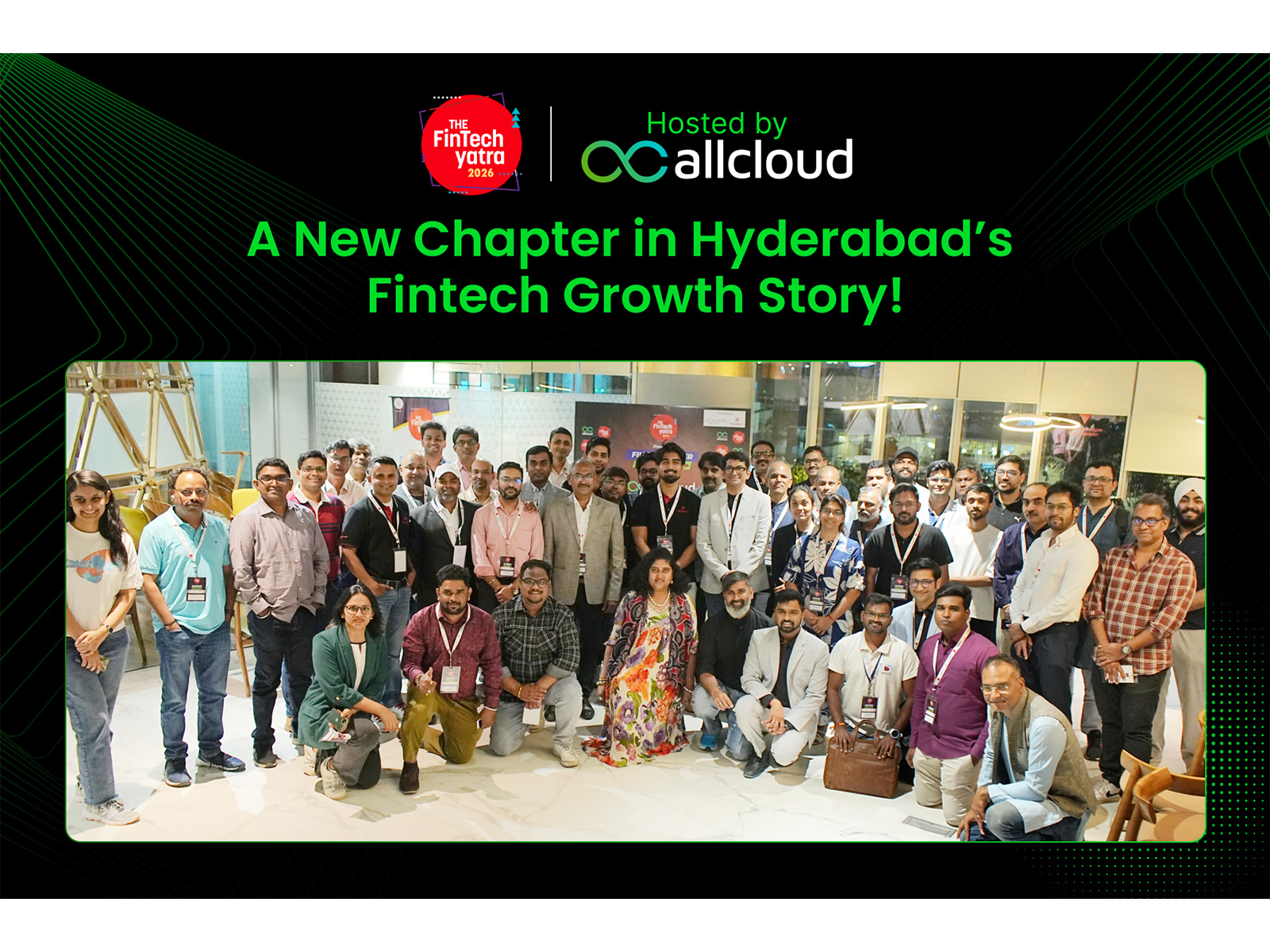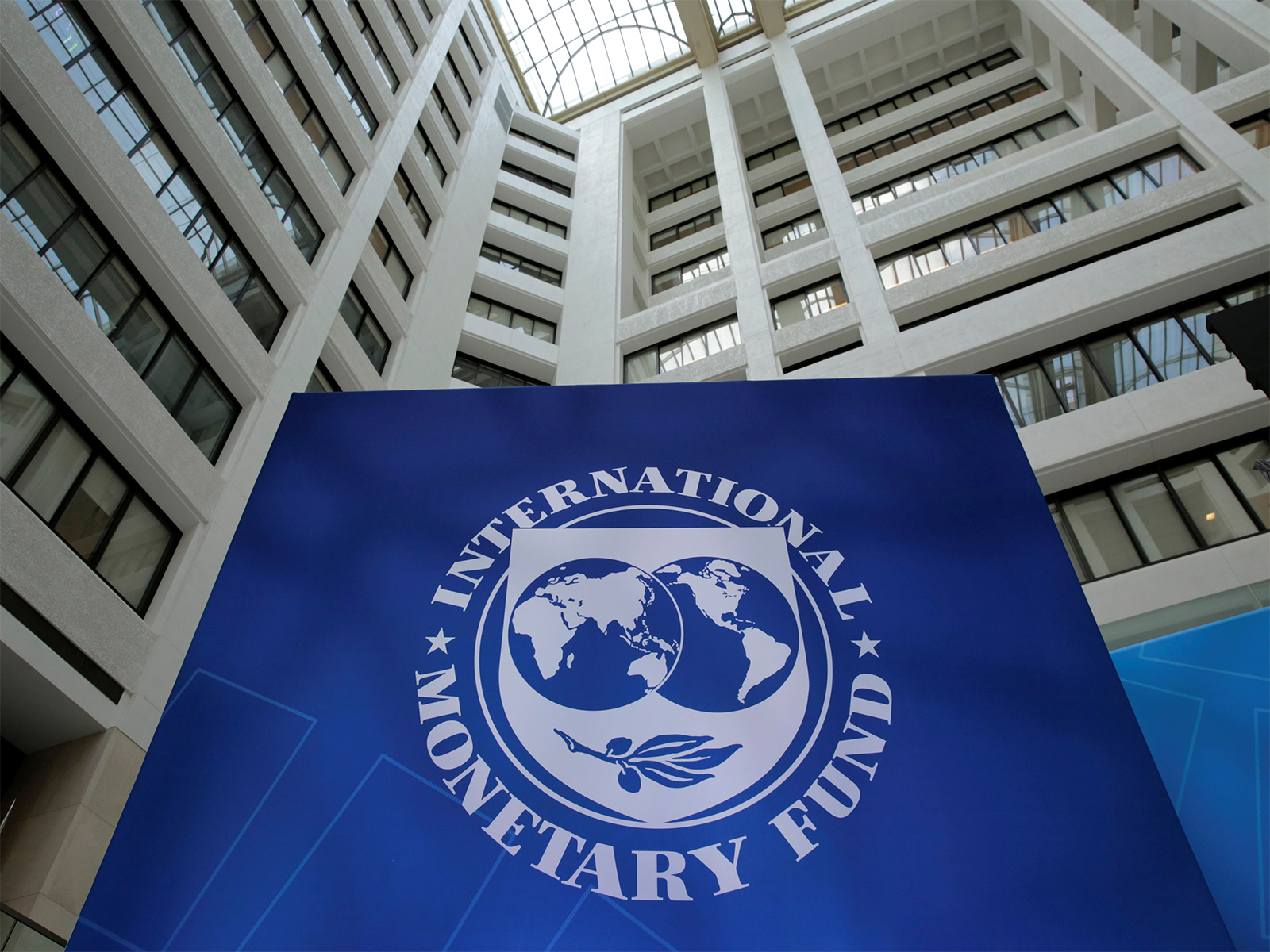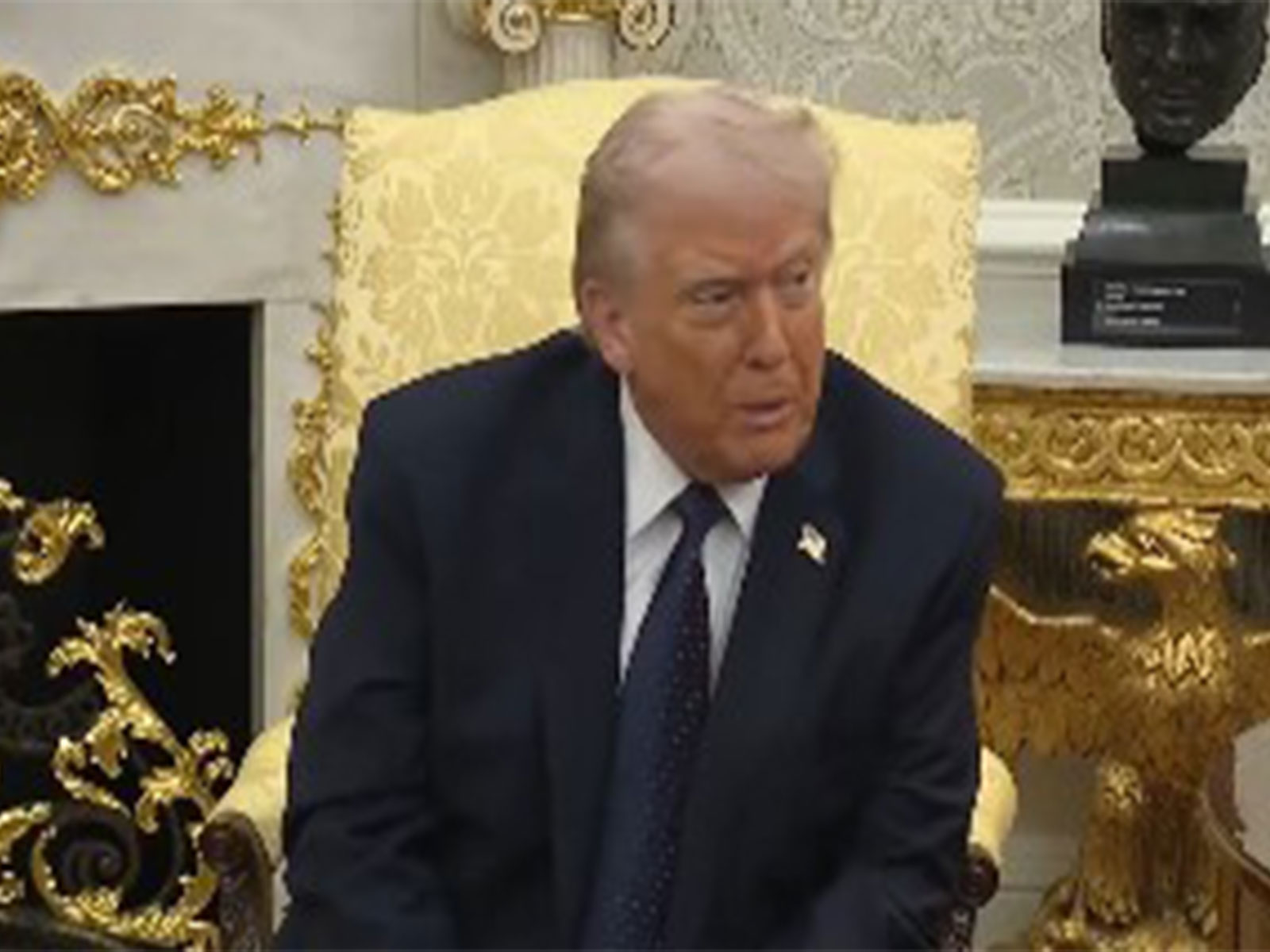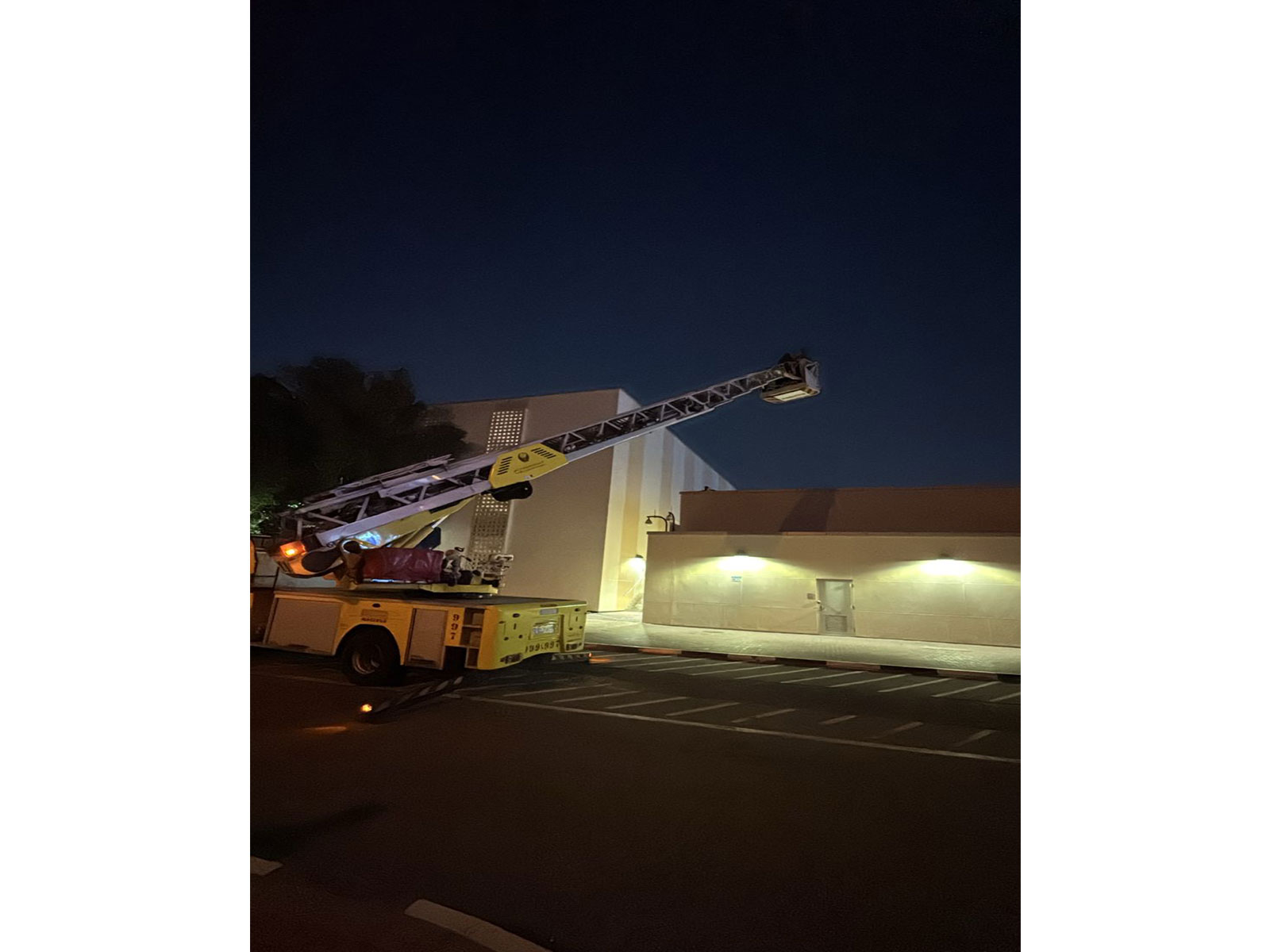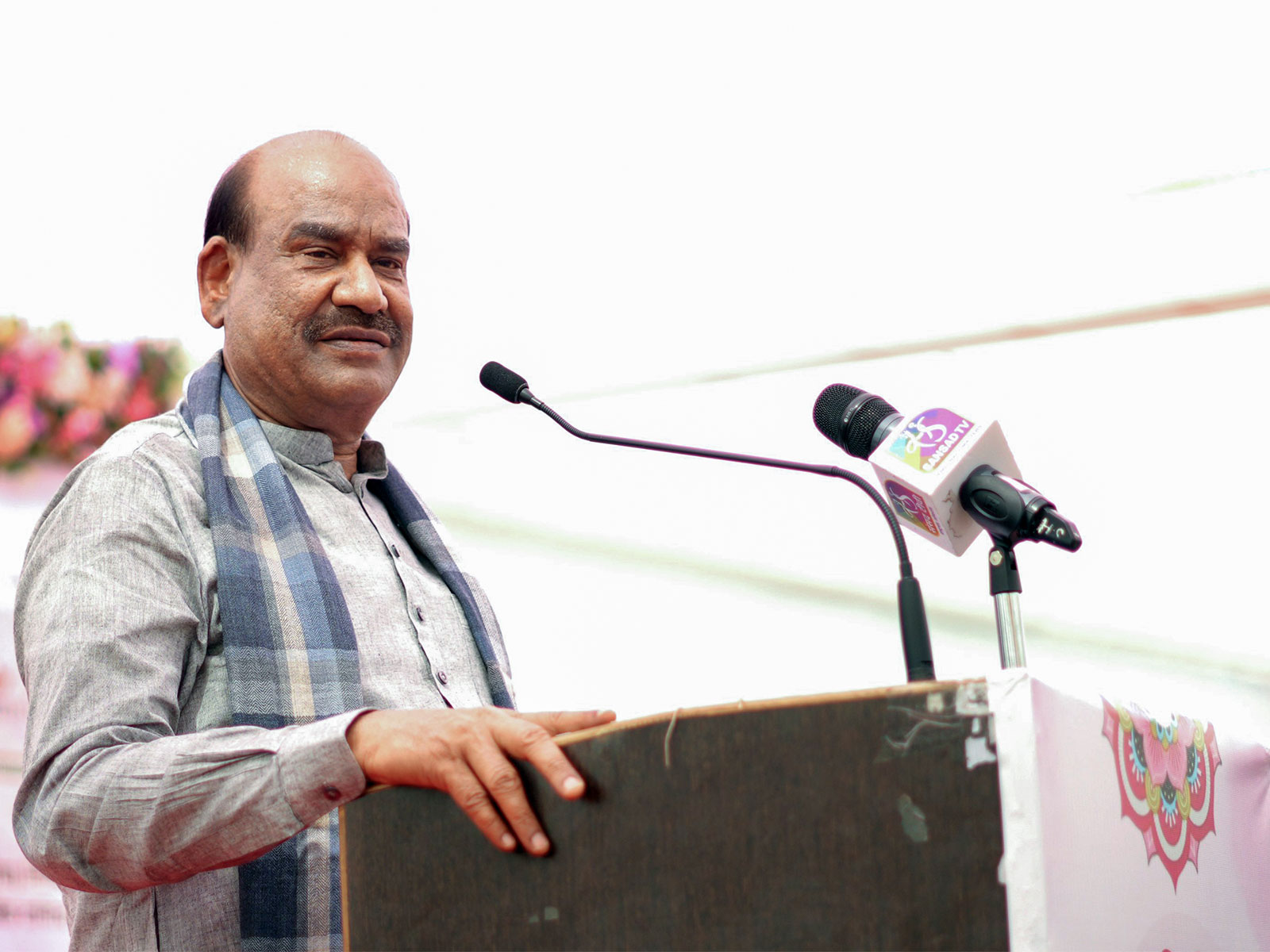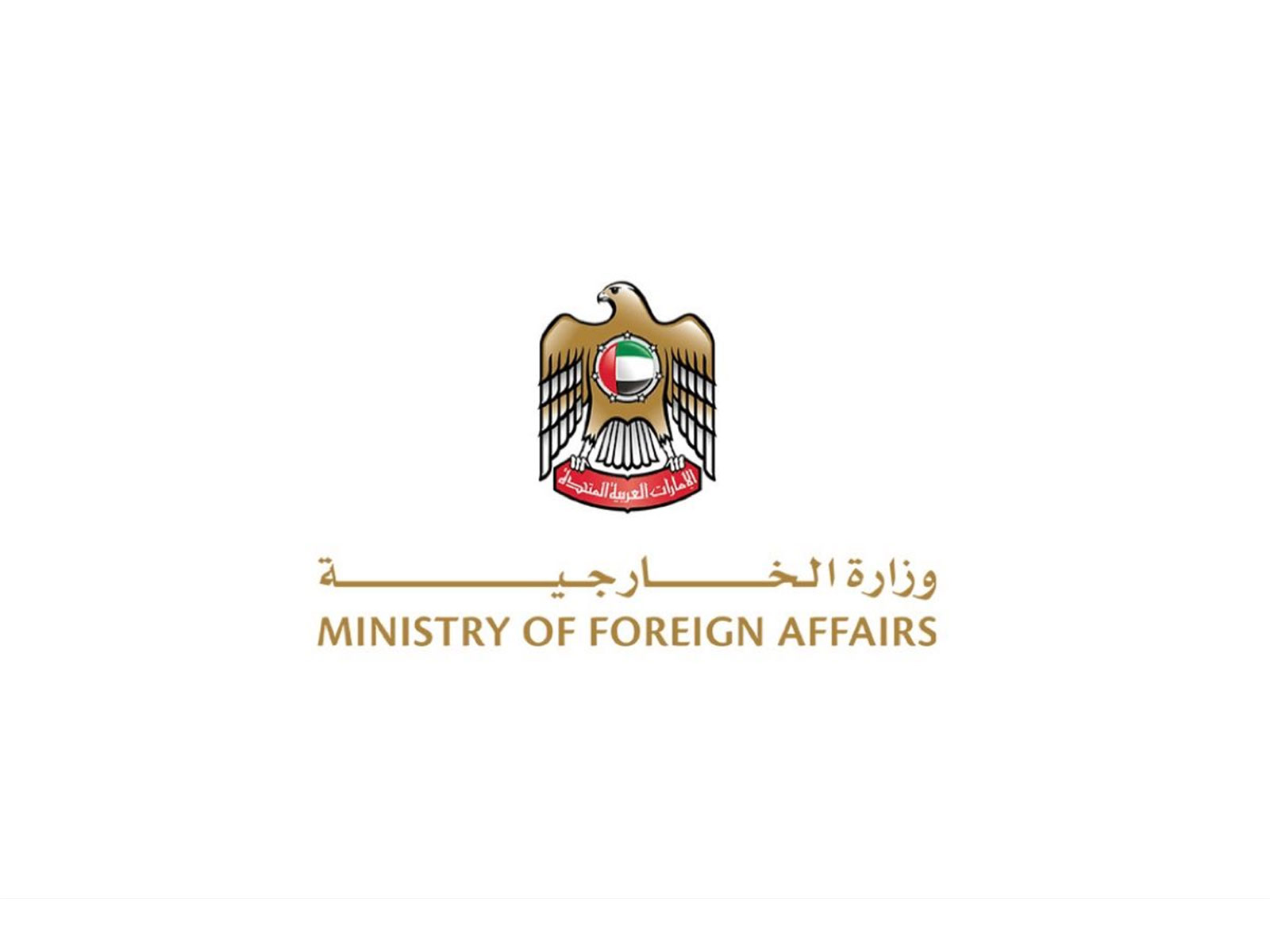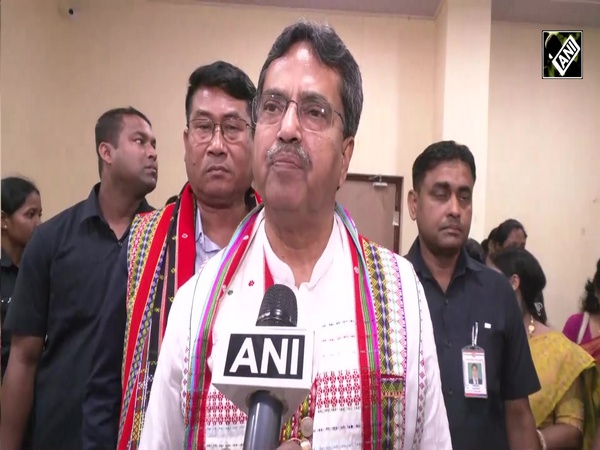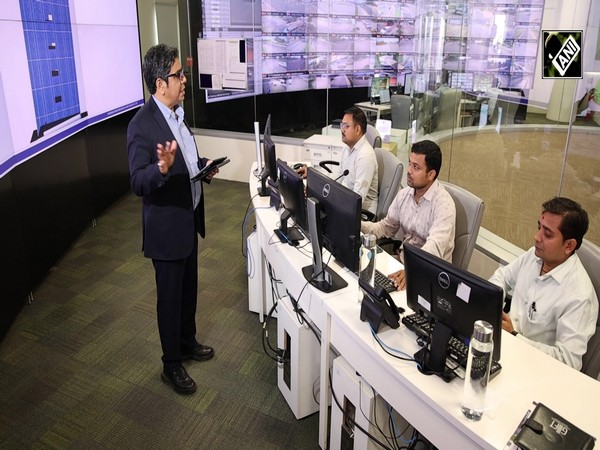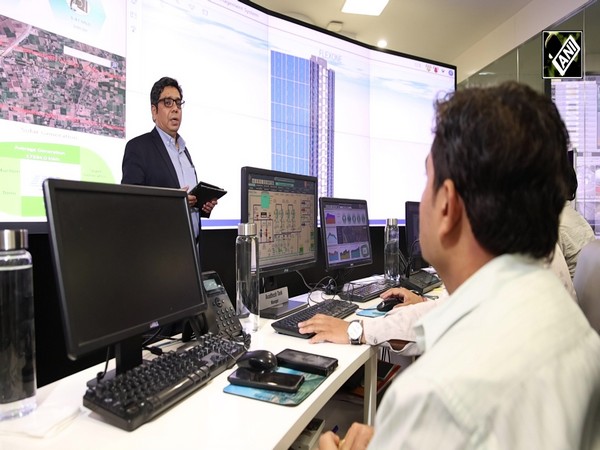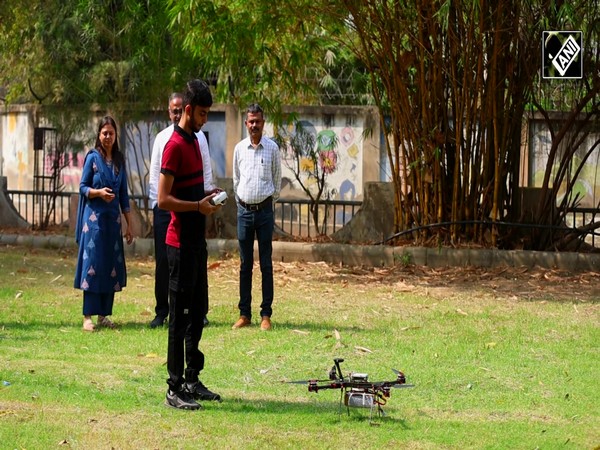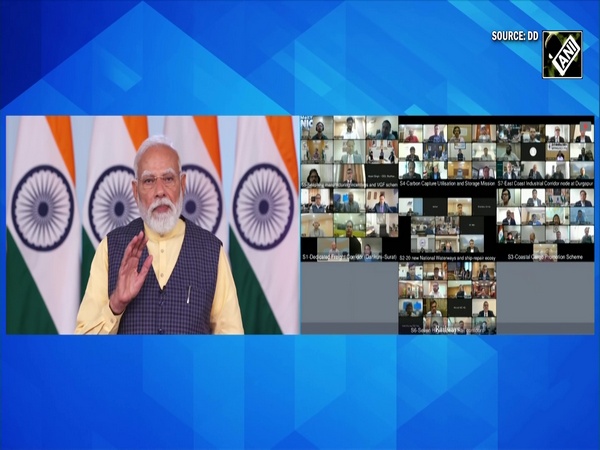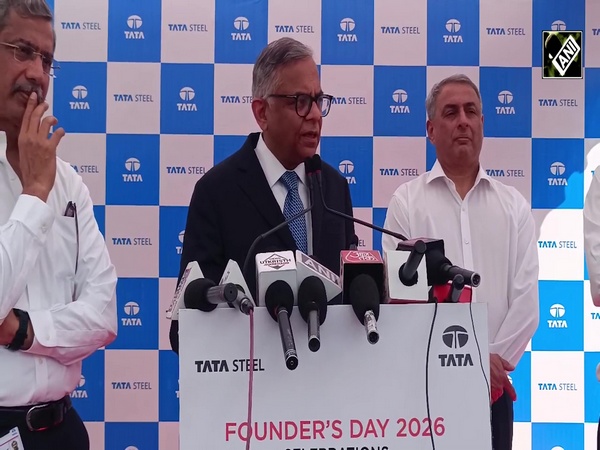AI holds immense potential to transform healthcare delivery, says CII Healthcare Council
Nov 11, 2025

New Delhi [India], November 11 : As India battles rising rates of obesity, cancer, and chronic diseases, experts at the 22nd CII Annual Health Summit said Artificial Intelligence (AI) could become a key tool in reshaping how healthcare is delivered. The Summit, held in New Delhi under the theme "Adding Life to Years in the Age of Artificial Intelligence," focused on how technology can help meet India's growing healthcare needs.
Naresh Trehan, Chairman of the CII Steering Group on Health & Healthcare Council and CMD of Medanta - The Medicity, stated that while India has made progress through strong government initiatives and public-private partnerships, the next step is to utilise AI to expand access and efficiency.
"Providing quality healthcare to all citizens is a key priority for Governments worldwide and particularly for India, with its population of 1.4 billion," he said. "However, with expanding healthcare needs driven by rising rates of obesity, cancer, and other chronic conditions, new solutions are essential. AI holds immense potential to transform healthcare delivery by expanding access, enhancing expertise, reducing costs, and improving overall efficiency."
Suneeta Reddy, Managing Director of Apollo Hospitals, said India's progress in digital health is already visible. "India has witnessed remarkable improvements in key healthcare indicators, including reductions in infant and maternal mortality rates, the availability of affordable treatment, and growing medical tourism, with patients arriving from over 140 countries," she said. "The creation of more than 79 crore ABHA IDs underscores the country's progress in building a robust digital health ecosystem. With over 250 million health data points and a strong foundation in intellectual property and digital technologies, AI offers immense potential to further scale and strengthen India's healthcare system."
The Summit also highlighted the importance of international cooperation. Kenji Shibuya, Chief Executive Officer of Medical Excellence, Japan, said collaboration between India and Japan could redefine healthcare innovation. "Ayurveda, one of India's enduring strengths, offers a holistic approach to wellness, and integrating AI into this traditional system can greatly enhance its effectiveness," he said. He added that Japan's expertise in preventive healthcare and India's technological strength together form a strong foundation for South-South cooperation.
A new Memorandum of Understanding between the Confederation of Indian Industry (CII), Medical Excellence Japan (MEJ), and the Economic Research Institute for ASEAN and East Asia (ERIA) was also announced, aimed at cooperation in healthcare technology, policy research, and capacity building. "This MoU underscores a shared commitment to fostering an inclusive, resilient, and sustainable healthcare ecosystem between India and Japan," said Takayuki Yamanaka, Chief Operating Officer at ERIA.
Summing up the discussions, Shubnum Singh, Principal Advisor for Healthcare at CII, said India's journey toward a developed nation must include rethinking healthcare through AI.
Amita Sarkar, Deputy Director General of CII, added that the Summit's theme "captures the promise of technology to not just extend life, but to improve the quality and dignity of those additional years."
